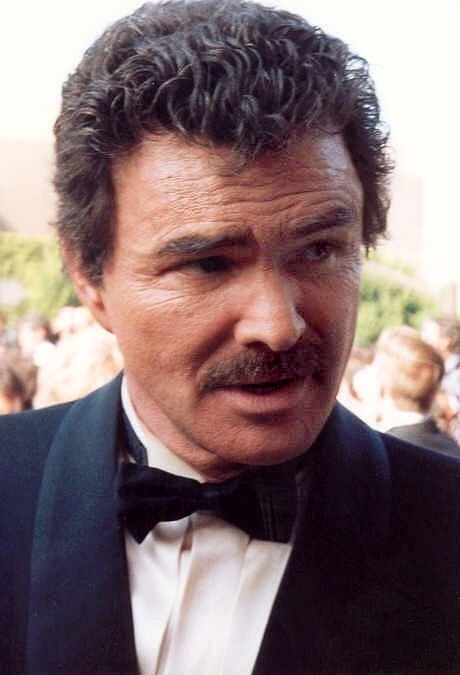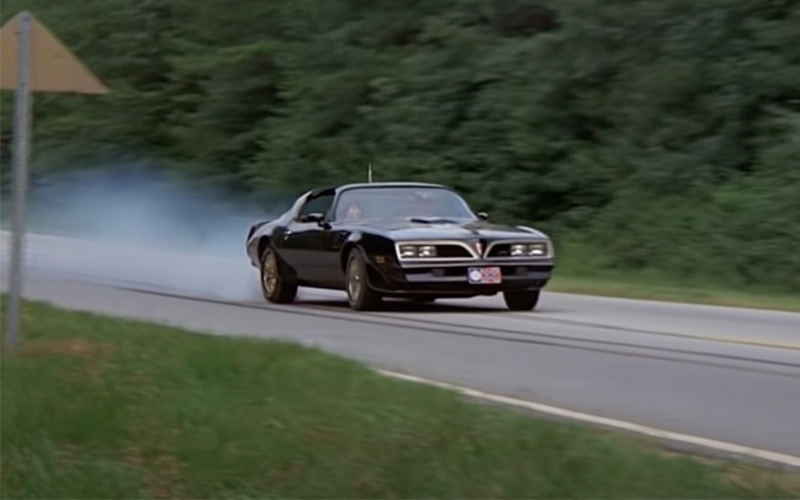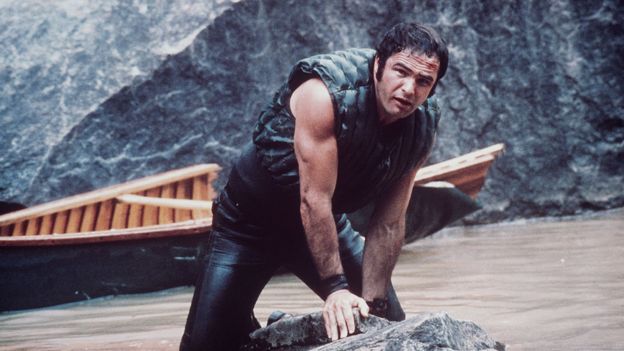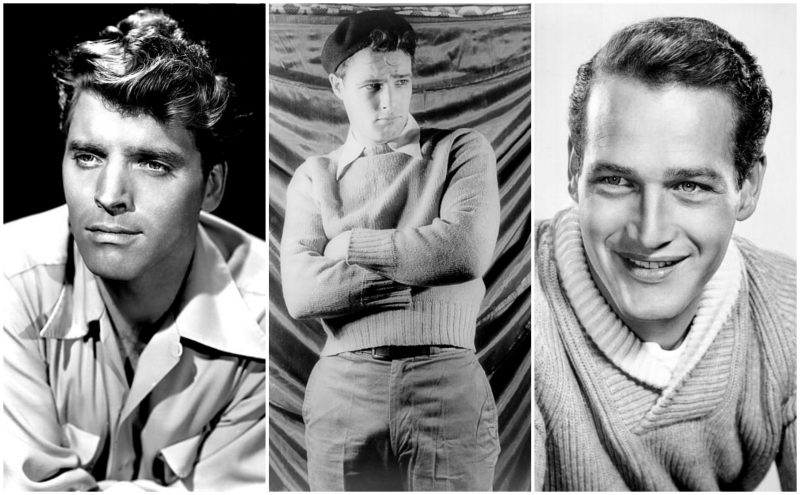Burt Reynolds: The Ultimate Guide to Hollywood's Most Charismatic Leading Man
Burt Reynolds: The Ultimate Guide to Hollywood's Most Charismatic Leading Man
The Rise and Legacy of Burton Leon Reynolds Jr.
Burt Reynolds remains one of Hollywood's most beloved and enduring stars, captivating audiences for over six decades with his rugged charm, self-deprecating humor, and undeniable screen presence. From his breakthrough role in Deliverance to his iconic performance in Smokey and the Bandit, Reynolds defined masculinity and charisma for generations of moviegoers. This comprehensive guide explores the life, career, and lasting impact of the man who became America's top box-office draw in the 1970s and 1980s.

Early Life: From Football Field to Hollywood Stage
Born Burton Leon Reynolds Jr. on February 11, 1936, in Lansing, Michigan, Reynolds' path to stardom was far from conventional. His family moved to Riviera Beach, Florida, when he was young, where his father served as chief of police. Reynolds excelled as a star football player at Palm Beach High School and earned a scholarship to Florida State University, where he played halfback and dreamed of a professional football career.
However, fate intervened when a devastating knee injury and a serious car accident in 1955 ended his athletic aspirations. During his recovery, Reynolds enrolled in acting classes at Palm Beach Junior College, where his teacher Watson B. Duncan III encouraged him to audition for a school play. This pivotal moment launched his acting career, earning him a drama award and a scholarship to the Hyde Park Playhouse in New York.
Television Breakthrough: The Path to Stardom
Reynolds began his professional career in the late 1950s with guest appearances on popular television shows including Flight, M Squad, and Pony Express. His first significant role came in the series Riverboat (1959-1961), starring alongside Darren McGavin. However, it was his portrayal of the half-Comanche blacksmith Quint Asper on the long-running series Gunsmoke (1962-1965) that truly established him as a television star.

Movie Stardom: From Deliverance to Box Office Gold
Reynolds' transition from television to film success began with his powerful performance in John Boorman's Deliverance (1972). His portrayal of the rugged Lewis Medlock showcased his dramatic range and established him as a serious actor capable of handling complex, challenging roles. The film's critical and commercial success opened doors to leading roles in major Hollywood productions.
The mid-1970s marked the beginning of Reynolds' reign as America's top box-office attraction. Films like White Lightning (1973), The Longest Yard (1974), and Semi-Tough (1977) demonstrated his ability to blend action, comedy, and charm. However, it was Smokey and the Bandit (1977) that truly cemented his status as a cultural icon.

The Smokey and the Bandit Phenomenon
Starring as the cocky truck driver Bo "Bandit" Darville, Reynolds created one of cinema's most memorable characters. The film's success spawned two sequels and established Reynolds as the king of action-comedy films. His chemistry with co-star Sally Field and the iconic black Trans Am became legendary elements of American pop culture.
Peak Years: The World's Number One Movie Star
From 1978 to 1982, Reynolds held the unprecedented distinction of being voted the world's number-one movie actor in the annual Top Ten Money Making Stars Poll – a record he shares with Bing Crosby. During this golden period, he starred in a string of successful films including Hooper (1978), Starting Over (1979), The Cannonball Run (1981), and The Best Little Whorehouse in Texas (1982).
Reynolds' appeal extended beyond his rugged good looks and acting ability. His frequent appearances on talk shows, particularly The Tonight Show Starring Johnny Carson, showcased his wit, self-deprecating humor, and natural charisma. He became known for making jokes at his own expense, calling himself America's most "well-known unknown."

Career Resurgence: Evening Shade and Boogie Nights
After a series of box-office disappointments in the mid-1980s, Reynolds successfully transitioned back to television with the comedy series Evening Shade (1990-1994). His portrayal of a retired football player turned high school coach earned him an Emmy Award for Outstanding Lead Actor in a Comedy Series in 1991, proving his versatility as a performer.
The late 1990s brought Reynolds his greatest critical acclaim with Paul Thomas Anderson's Boogie Nights (1997). His performance as pornographic film director Jack Horner earned him a Golden Globe Award for Best Supporting Actor and an Academy Award nomination, introducing him to a new generation of fans and critics.

Personal Life and Relationships
Reynolds' personal life often made headlines, particularly his high-profile relationships with Dinah Shore, Sally Field, and his marriages to Judy Carne (1963-1965) and Loni Anderson (1988-1994). His relationship with Sally Field, whom he often called the love of his life, lasted from 1976 to 1980 and remained one of Hollywood's most talked-about romances.
The actor's 1972 nude centerfold in Cosmopolitan magazine became a cultural phenomenon, demonstrating his willingness to take risks and challenge traditional Hollywood conventions. This bold move further cemented his status as a sex symbol and cultural icon.
Legacy and Final Years
Reynolds continued working until his final years, appearing in films like The Last Movie Star (2017) and maintaining his reputation as a consummate professional. He was set to appear in Quentin Tarantino's Once Upon a Time in Hollywood but passed away before filming his scenes.
On September 6, 2018, Burt Reynolds died of cardiac arrest at the age of 82 in Jupiter, Florida. His passing marked the end of an era, but his influence on popular culture, his contributions to film and television, and his distinctive blend of toughness and vulnerability continue to inspire actors and entertain audiences worldwide.
:max_bytes(150000):strip_icc():focal(825x0:827x2)/gettyimages-1630030021-2000-daaf2c85049041be81cad23182007780.jpg)
Frequently Asked Questions
What was Burt Reynolds' most successful movie?
While Reynolds starred in many successful films, Smokey and the Bandit (1977) was his biggest box-office hit, earning over $126 million domestically and becoming the second-highest-grossing film of 1977.
Did Burt Reynolds do his own stunts?
Yes, Reynolds was known for performing many of his own stunts throughout his career, which led to numerous injuries including a shattered jaw during filming of City Heat (1984).
What awards did Burt Reynolds win?
Reynolds won an Emmy Award for Evening Shade (1991), a Golden Globe for Boogie Nights (1997), and received an Academy Award nomination for Best Supporting Actor for the same film.
Was Burt Reynolds ever considered for James Bond?
Yes, producer Albert R. Broccoli approached Reynolds about playing James Bond after Sean Connery, but Reynolds declined, believing "An American can't play James Bond."
Share this comprehensive guide to Burt Reynolds' incredible life and career! Whether you're a longtime fan or discovering his work for the first time, Reynolds' legacy as Hollywood's most charismatic leading man continues to captivate audiences worldwide. Share this article with fellow movie lovers and help keep the memory of this legendary actor alive.